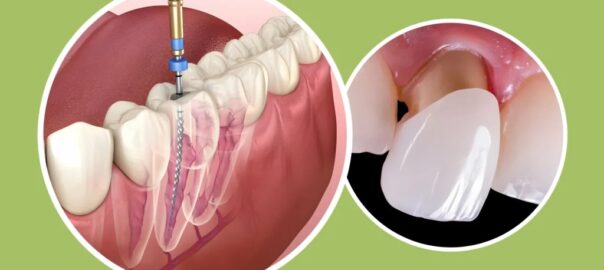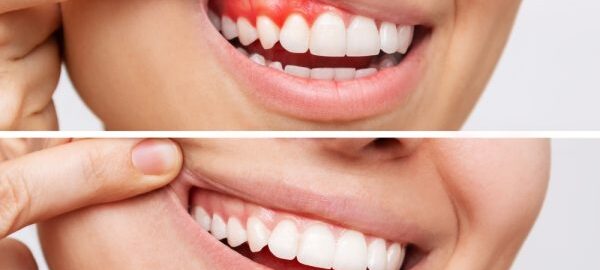Introduction to Gaps in Teeth
Gaps in teeth, also known as diastema, can significantly influence one’s personality and self-image. These spaces can occur naturally or develop over time due to various reasons, such as genetics or dental issues. Recognizing how these gaps affect an individual’s perception and social interactions is vital for understanding the broader implications on personality.
The Impact of Gaps on Personality
Societal perceptions often associate gaps in teeth with a lack of confidence. Individuals with noticeable diastema may feel self-conscious, leading to anxiety in social situations. This perception can affect their interaction with peers, resulting in lower self-esteem. Furthermore, research suggests that physical appearance, including dental conditions, play a role in how others perceive us. Thus, addressing dental gaps can enhance both personal satisfaction and societal engagement.
Treatment Options for Gaps in Teeth
Fortunately, there are multiple treatment options available for individuals seeking to address gaps in their teeth. These solutions can range from simple cosmetic fixes, such as bonding or veneers, to more comprehensive treatments like braces or orthodontic adjustments. Consulting with a dentist is essential to determine the most suitable approach based on individual needs and dental health. With the right treatment, individuals can regain confidence and potentially alter how others perceive them, fostering improved social interactions.




